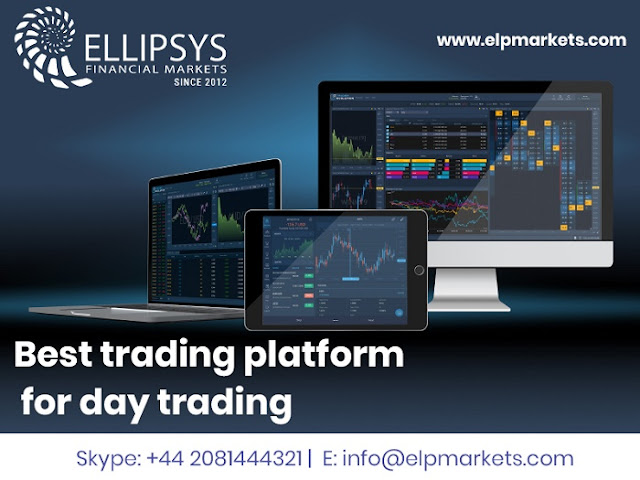Major Currencies and Trading Systems in Forex Trading
The US Dollar has a strong hold on the global foreign currency market. Any other currencies traded on forex is compared to the US Dollar, which serves as the basis or global currency. Almost all currencies are quoted in terms of the US dollar. Currently, the US dollar accounts for around 86 percent of all foreign currency market transactions.
Because most commodities (metals,
oil, and so on) are traded in US Dollars, any changes in supply and demand for
these commodities have a direct influence on the value of the US Dollar. This
occurred during the financial crisis of 2008, when oil prices plummeted and the
EUR/USD rose to 1.60.
The US dollar is regarded as a
safe-haven asset. As a result, when economic conditions worsen, investors flock
to the dollar. Come to best online currency trading
platform!
In the FX market, the
€-EURO is the 2nd most dominant currency. The Euro, like the US
dollar, has widespread worldwide acceptability among members of the European
Monetary Union. The Euro is utilized by 18 European Union member nations and
accounts for over 37% of all foreign exchange transactions.
The adoption of Euro pricing is
typically influenced by well-established economies (developed nations) that
utilize the same currency, such as France and Germany. The Consumer Price Index
(CPI) of significant nations (such as Germany), the European Central Bank-ECB,
the rate of unemployment, and export statistics all influence euro pricing.
Consult with ZEN trade broker!
The Euro is the single currency
of all European countries, although there are significant differences in their
economies, as seen by the 2011 financial meltdown. This limits the Euro's
dominance in the global FX market. When issues arise, EU leaders have a
difficult time coming up with consensus solutions that benefit both large and
small economies.
YEN-The Japanese currency (JPY)
In the Asian currency market, the
yen is by far the most transacted and dominant currency. It is the third
biggest or transacted currency in the FX market, accounting for over 20% of
global commerce. The Japanese Keiretsu, or economic and financial
conglomerates, are the main source of natural demand for the Yen. The Nikkei
market and the real estate market in Japan are both correlated with the instability
of the Japanese yen (JPY). Get online commodity
account open with ELP!
Because of Japanese industry is
mostly based on industrial exports, the Japanese yen (JPY) is seen as a secure
currency by traders and investors during moments of market risk aversion.
Japan's low interest rates allow merchants to borrow cheaply and engage in
other nations.



Comments
Post a Comment